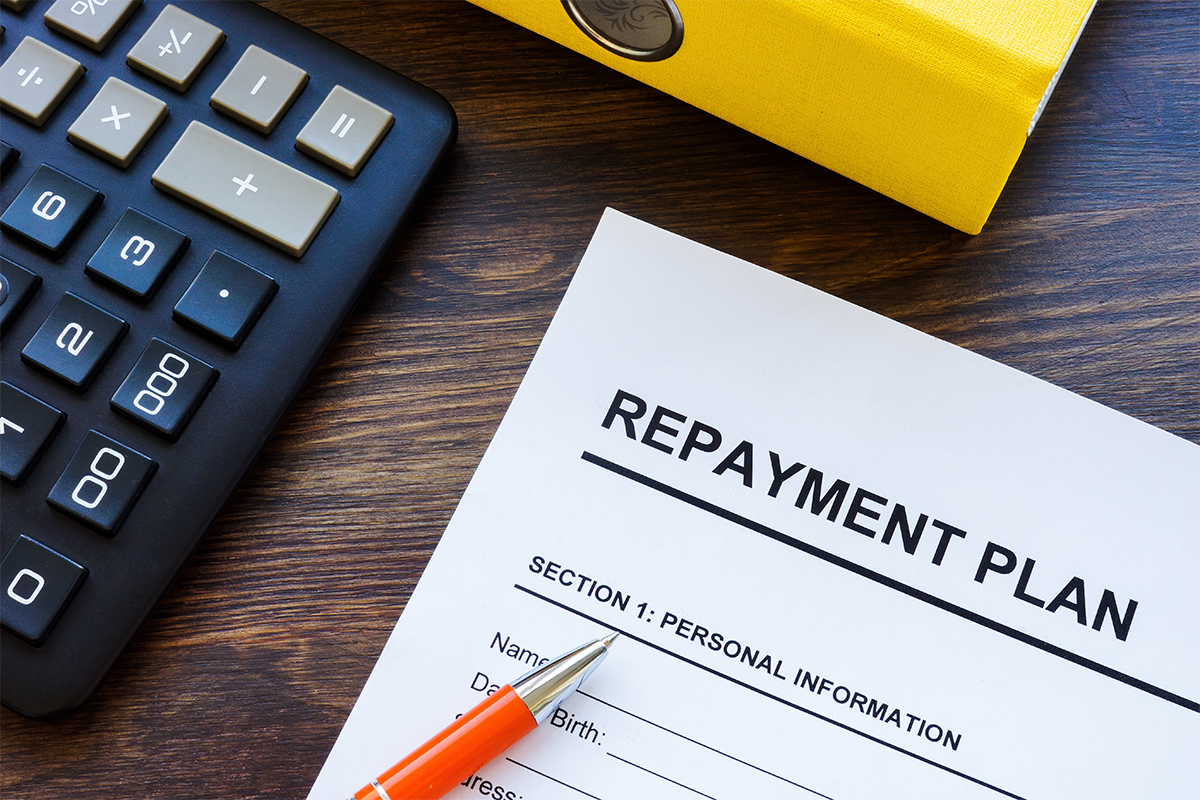Do Chapter 13 Trustees Monitor Credit Reports?
Chapter 13 bankruptcy is primarily often used by wage earners who are struggling to pay off their credit card debt. It provides a payment plan to pay the creditors off over a period of time so they can eventually be debt-free.
When Chapter 13 is filed, a trustee is appointed to ensure the payment plan is implemented. The trustee deals with all the creditors and distributes the debt payments between them. A trustee handles the case on your behalf, but that does not mean the trustee is on your team. The trustee’s role is neutral as they try to get the best deal for the creditors while keeping your financial situation in view.
The trustee acts as your go-between with the creditors and speaks on behalf of the bankruptcy judge. If things go smoothly during the 3–5 years of your repayment plan under Chapter 13, you might only talk to the trustee and never even meet the judge. This setup helps keep the process running without you having to go to court all the time.
What Does a Trustee Monitor?
When you provide a repayment plan, it is the job of the trustee to make sure that it is being followed. In lieu of this responsibility, the trustee has access to your financial status. Here are the things that a trustee monitors:
Repayment Plan
The trustee ensures that there are no irregularities in the repayment plan. He tries to make the plan fair for both parties. This may mean that you are being asked to pay the maximum amount possible to the creditors. A bankruptcy attorney can step in here to fight your case so that you pay the minimum possible amount.

Financial Documents
Trustees keep an eye on your financial health so that the repayment plan can be readjusted if your finances change. This is a very common occurrence as the repayment plan spans a period of three to five years, and most people report significant financial changes during this time. Trustees have access to your tax returns, paychecks, and bank statements.
Monthly Payments
A trustee is responsible for distributing the monthly payments to the creditors according to the payment plan. They handle the distribution of the amount, so you do not have to deal directly with the creditors. If you fail to follow through on the repayment plan, they may ask the court to dismiss your case.

Impact of Chapter 13 on Your Credit Report
A Chapter 13 bankruptcy hurts your credit scores. Filing for a Chapter 13 bankruptcy means that your case number appears on the credit report. It stays there for seven years. In this time period, creditors are barred from reporting your credit activity to credit bureaus. [1]
However, it is not all bad news. It is possible to build back your credit ratings after filing for Chapter 13 bankruptcy.
The impact of bankruptcy on credit score depends on the state of credit before filing for Chapter 13. If your credit report already contains negative information, the effect on your score may be less severe compared to someone with a previously clean record. Factors like whether you made credit card payments on time or paid your student loan installments play a role. The presence of secured or unsecured loans also influences your score. Failing to pay according to the repayment plan will further damage our credit report.
Building Back Your Credit Score
People hesitate to file for bankruptcy because of the fear that it will ruin their credit reports forever. This is not the case, as a Chapter 13 filing only shows on the credit report for seven years. This means that if you pay off the debts according to the five-year repayment plan, you only have to wait two more years before it is removed from your credit report. [2]
Not filing for Chapter 13 means that you carry around the bad credit report forever. Instead, it is better to file and then start rebuilding your credit as soon as the five-year plan ends. A Chapter 13 filing shows creditors that you are paying back the creditors. It also shows them that you can maintain a budget to pay back your debts.

If you live in Michigan and are considering filing for Chapter 13, Frego & Associates is here to help you. Call today.
FAQs
No, Chapter 13 trustees do not monitor credit reports.
The trustee ensures that the repayment plan is followed and handles the distribution of payments to creditors.
A trustee monitors the repayment plan, financial documents, and monthly payments.
Filing for Chapter 13 bankruptcy affects your credit score and remains on your credit report for seven years.
Yes, it is possible to rebuild your credit ratings after Chapter 13 bankruptcy.
The trustee needs access to financial documents to manage and adjust the repayment plan as needed.
Chapter 13 bankruptcy remains on your credit report for seven years.
A bankruptcy attorney can consider factors like inflation, new family members, increased expenses, or medical costs to adjust your repayment plan and mitigate the impact of income increases.
Sources:
[1] Akin, J. (2024, February 26). When Does Bankruptcy Fall Off My Credit Report? Experian. https://www.experian.com/blogs/ask-experian/when-does-bankruptcy-fall-off-my-credit-report/
[2] Kingston, A. K. (2023, July 20). Chapter 13 and Your Credit Report: What You Need to Know. Upsolve. https://upsolve.org/learn/chapter-13-credit-report




